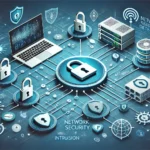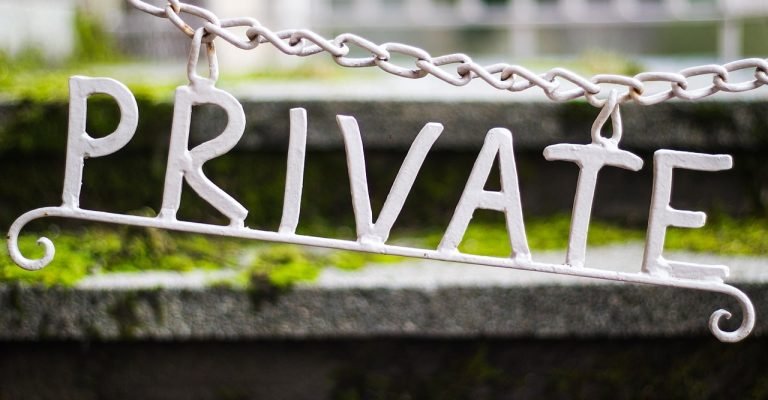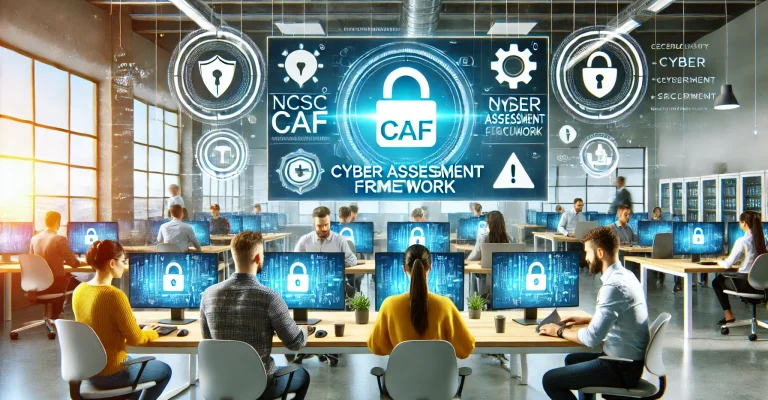Stay Safe Online
In today’s digital age, it’s more important than ever to stay safe online. From identity theft to phishing scams, there are many threats that can compromise your security and privacy. Fortunately, there are several simple steps you can take to protect yourself online. Here are seven of the most effective ways to stay safe online:
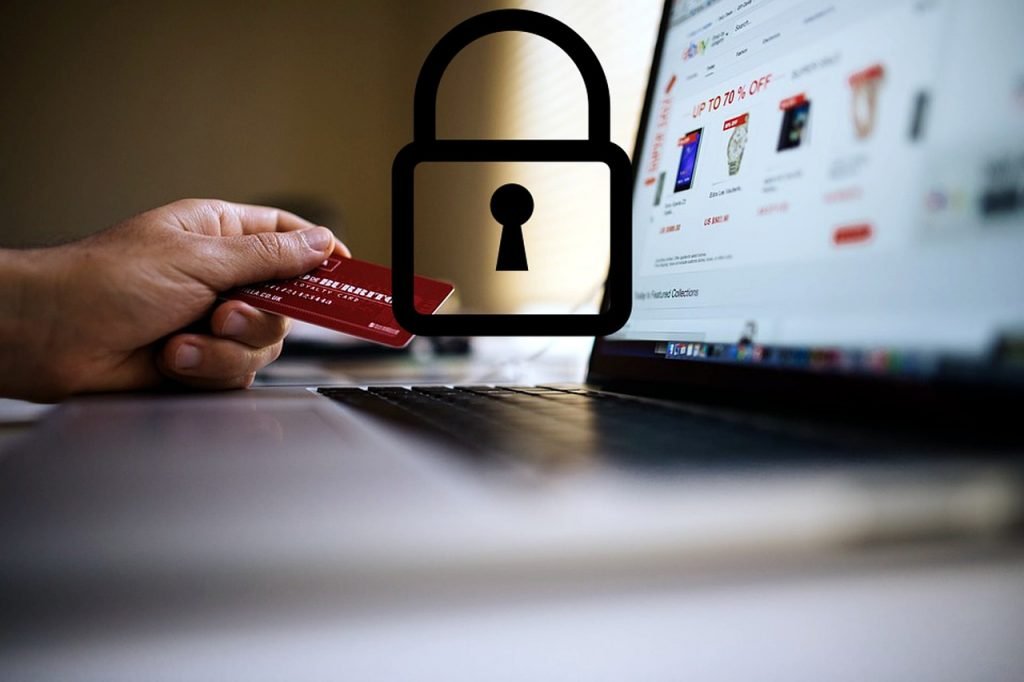
Use Strong Passwords
Using a strong and unique password for each of your accounts is crucial to online security. Make sure your password includes a combination of uppercase and lowercase letters, numbers, and special characters. Avoid using the same password for multiple accounts.
Keep Your Software Up to Date
Keeping your operating system, web browser, and antivirus software up to date is essential for protecting your online security. Software updates often include important security patches that can protect you from vulnerabilities.
Use Two-Factor Authentication
Two-factor authentication adds an extra layer of security to your online accounts by requiring a second form of identification, such as a code sent to your phone, in addition to your password. This makes it much more difficult for someone to access your accounts without your permission.
Be Cautious of Suspicious Emails and Links
Phishing emails are a common way for hackers to steal your personal information. Be cautious of emails from unknown senders and avoid clicking on links or downloading attachments from them. Additionally, be wary of emails that ask for personal information.
Use a Virtual Private Network (VPN)
Using a VPN can help protect your online privacy by encrypting your internet traffic and hiding your IP address. This makes it much more difficult for others to track your online activities.
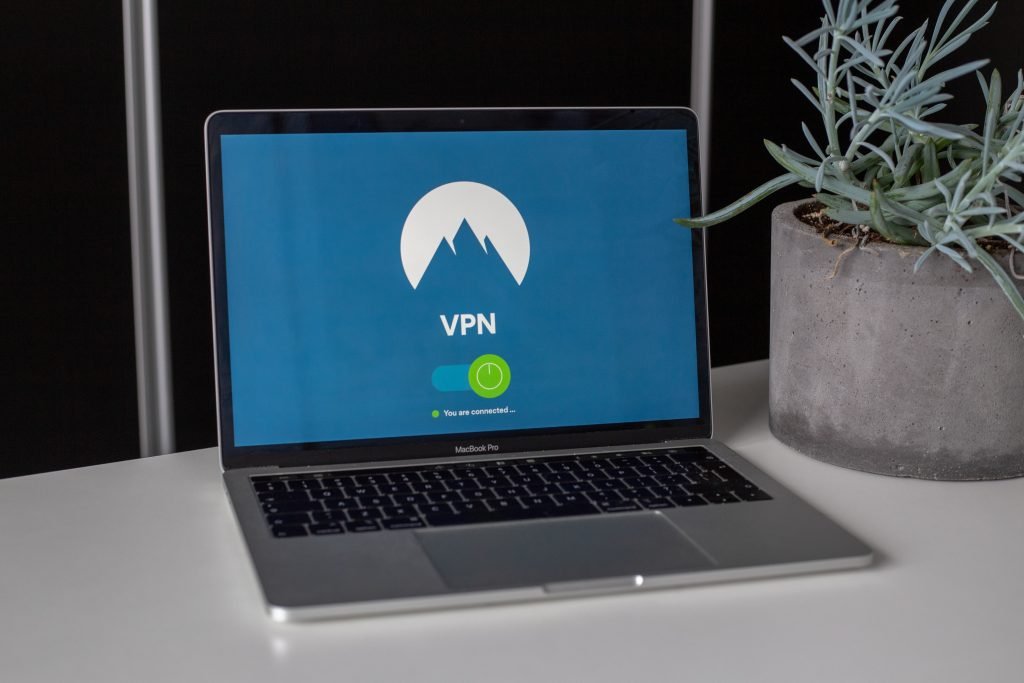
Be Careful What You Share Online
Be mindful of the personal information you share online, especially on social media. Avoid sharing your address, phone number, or other sensitive information publicly. This information can be used by cybercriminals to steal your identity.
Monitor Your Accounts
Regularly checking your online accounts for any suspicious activity is essential for online security. If you notice any unrecognized charges or changes to your account information, take action immediately to protect yourself.
In conclusion
Following these simple steps can help protect your online security and privacy. Remember, online safety is everyone’s responsibility, and taking proactive measures to stay safe online can help prevent you from becoming a victim of cybercrime.






